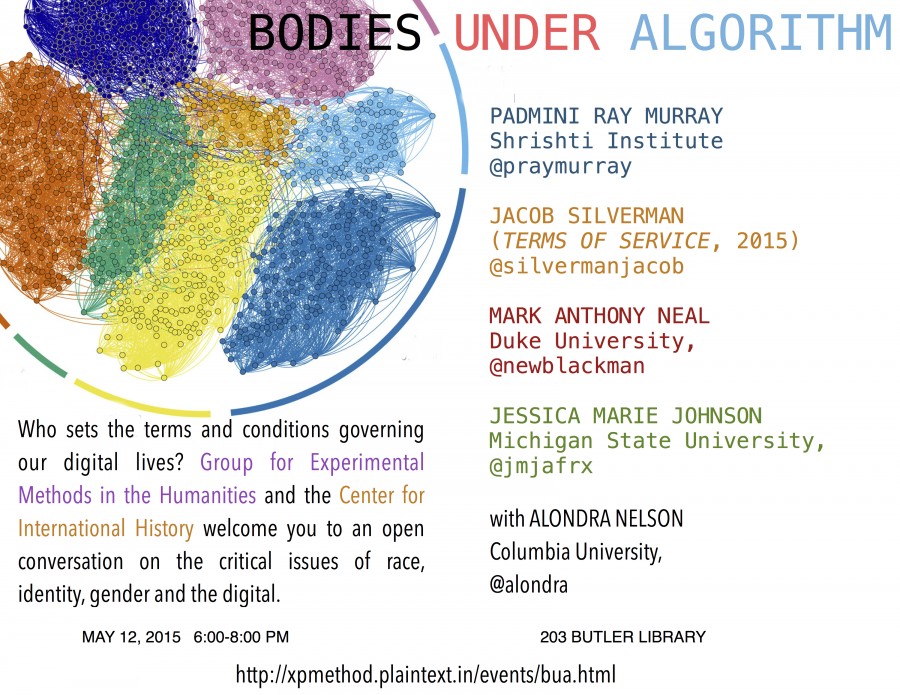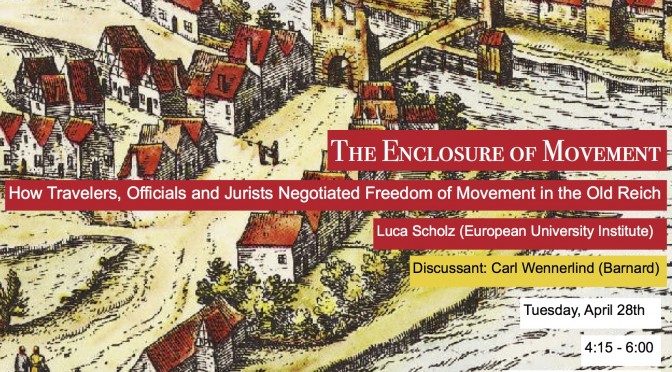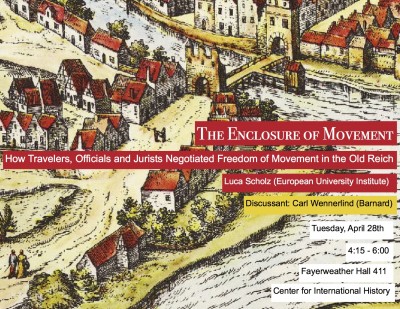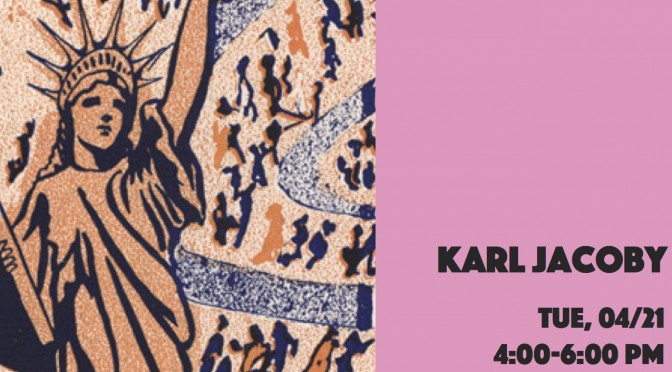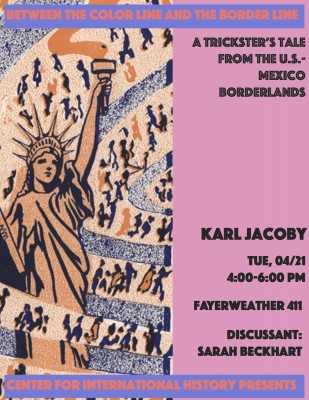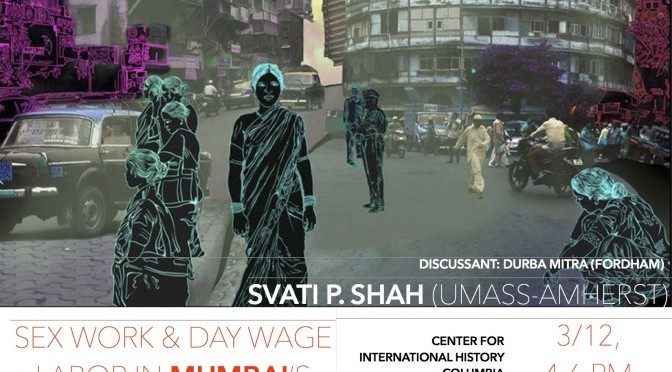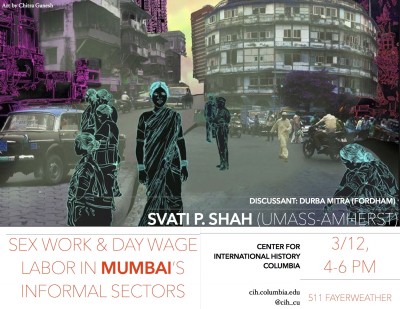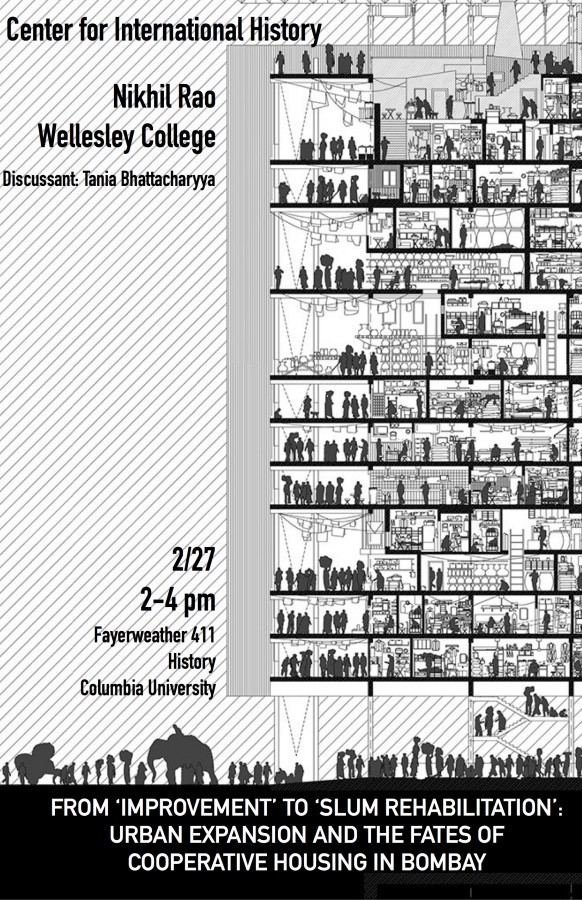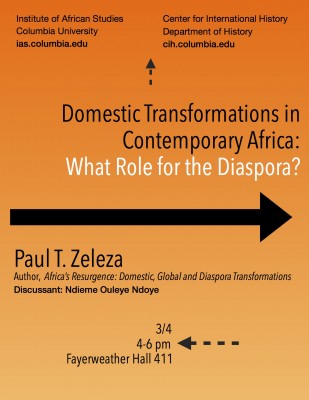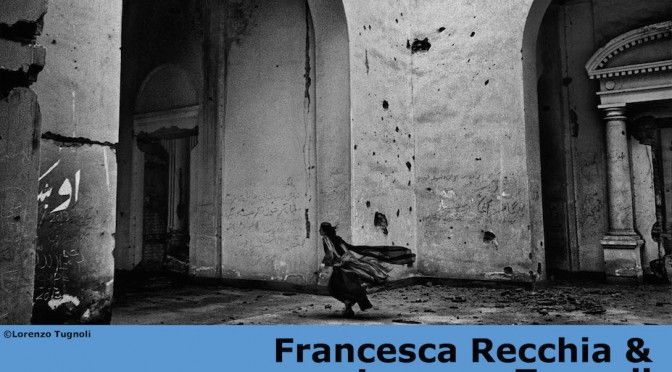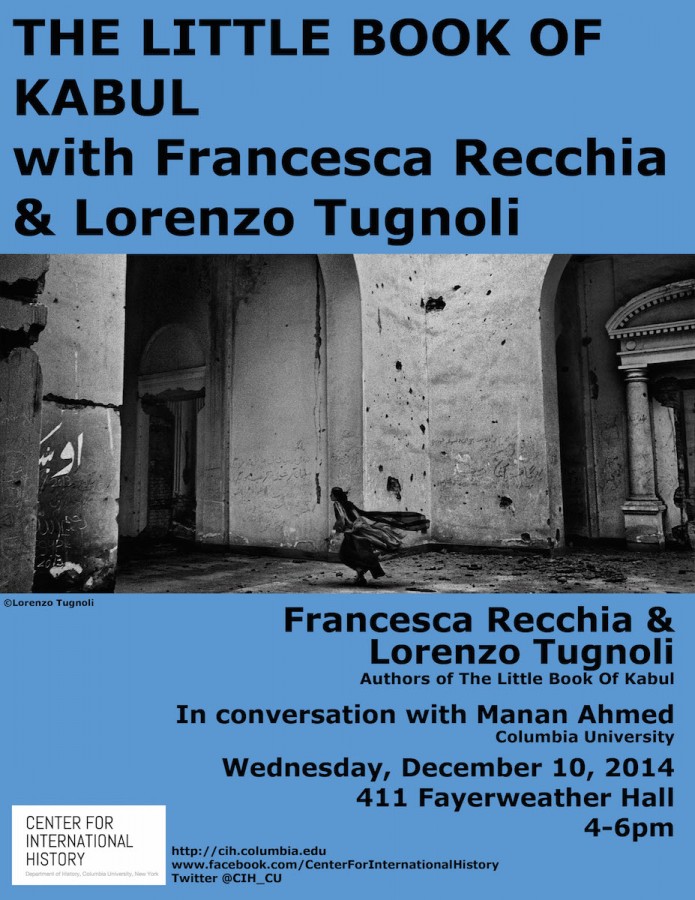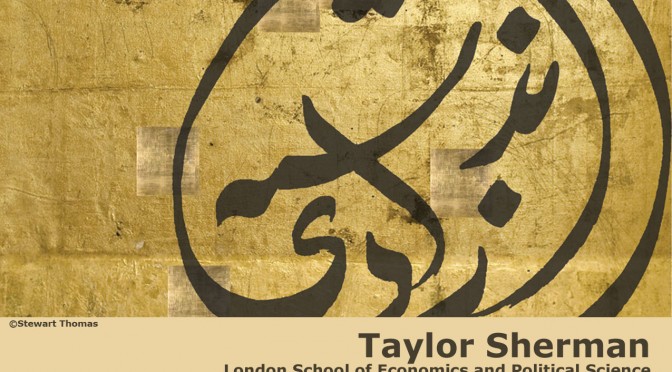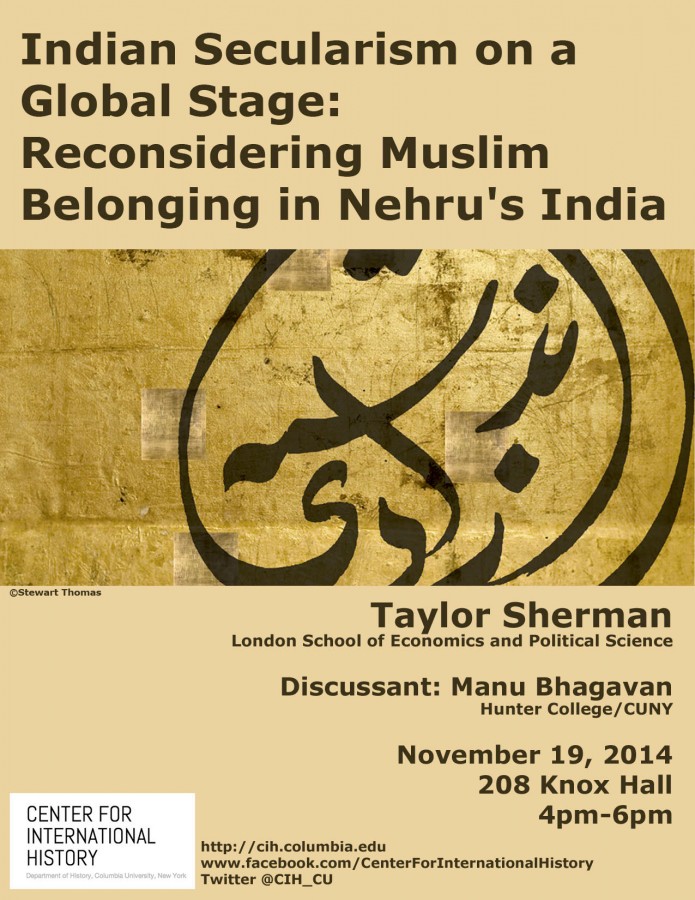Beyond the “San Francisco System”: Seeking a Peace Regime in East Asia
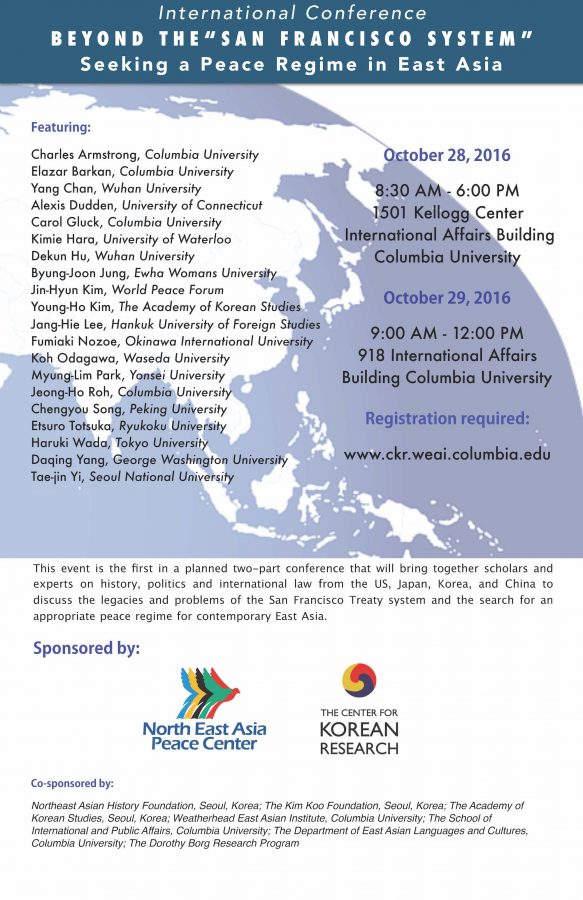 October 28, 2016
October 28, 2016
8:30 AM – 6:00 PM
1501 Kellogg Center
School of International and Public Affairs Columbia University
AGENDA
8:30 – 9:00 Breakfast and Registration
9:00 – 9:15: Opening Remarks: Young-Ho Kim & Charles Armstrong
PANEL 1: The San Francisco Treaty, History, and International Law
- Tae-jin Yi (Seoul National University, History): “The San Francisco Treaty and the Problems regarding the Exemption of Japanese Blame on the Colonization of Korea”
- Jang-Hie Lee (Hankuk University of Foreign Studies,
International Law): “Limitations of the San Francisco Peace
Treaty and Peace in East Asia from the Perspective of Colonial State Responsibility” - Jeong-Ho Roh (Columbia University, Law); “The San Francisco Peace Treaty and International Law”
- Etsuro Totsuka (Ryukoku University, Law): Japan’s Re-joining Into the Cold War World and its Freezing of the Decolonization Process”
- Charles Armstrong (Columbia University, History): Discussant
11:15 – 11:30 Coffee break
11:30 – 13:00 PANEL 2: The San Francisco System and International Order Haruki Wada (Tokyo University, History): “San Francisco Treaty
System and Peace State Japan”
- Byung-Joon Jung (Ewha Womans University, History): “San Francisco Peace Treaty with Japan and its Legacy in East Asia”
- Chengyou Song (Peking University, History): “Comments on the San Francisco Conference and Treaty of Peace with Japan”
- Koh Odagawa (Waseda University, Mass Media): Discussant
13:00 – 14:00 Lunch for participants, Faculty House
14:00 – 15:30 PANEL 3: The San Francisco System, Territory and Memory Dekun Hu (Wuhan University, History): “The San Francisco Peace
Treaty and Territorial Disputes”
- Fumiaki Nozoe (Okinawa International University, Law): “The Okinawa Problem in the San Francisco Treaty System: A Historical Perspective”
- Daqing Yang (George Washington University): “War, Decolonization and Memory in Northeast Asia”
- Kimie Hara (University of Waterloo, History/Political Science): “Exploring Settlements of Regional Conflicts in the San Francisco System”
- Yang Chan (Wuhan University, History): Discussant
15:30-15:45 Coffee Break
15:45 –17:45 PANEL 4: The San Francisco System, Legacies, and Beyond
- Young-Ho Kim (Academy of Korean Studies, Economic History): “Beyond the San Francisco System in East Asia – Collision between Historical Legacy and Regional Integration in the San Francisco System”
- Myung-Lim Park (Yonsei University, International Studies): “The San Francisco System, Northeast Asian Exceptionalism, and Beyond for Perpetual Peace”
- Alexis Dudden (University of Connecticut, History): “The San Francisco System, and Current Issues of National Borders”
- Carol Gluck (Columbia University, History): Discussant
17:45 – 18:00 Concluding remarks: Jin-Hyun Kim (World Peace Forum) & Elazar Barkan (Columbia University)
Conference ends
Dinner
General and Planning Discussion
October 29th, 2016
918 International Affairs Building 9:00 – 12:00
Lunch, participants disperse


